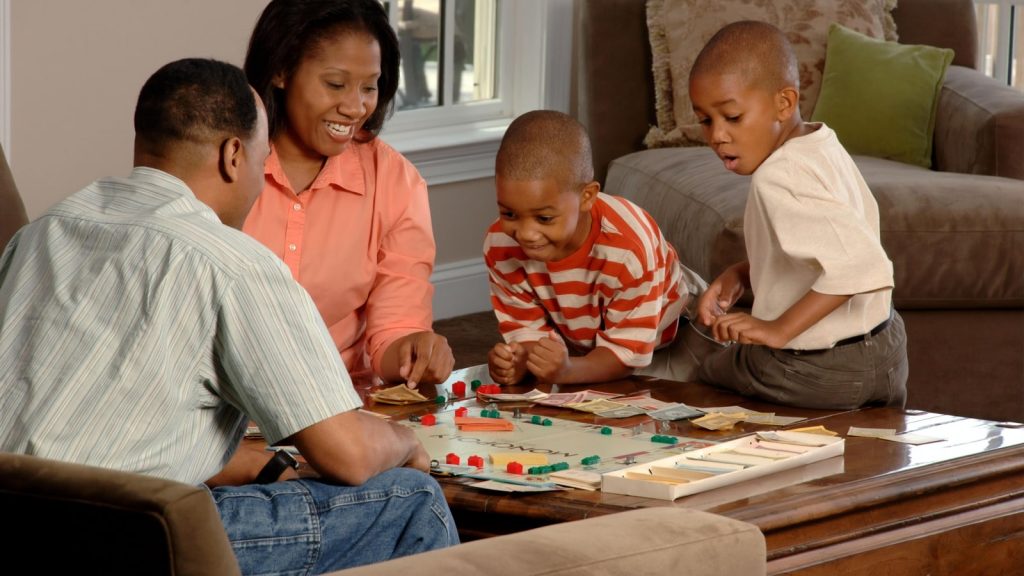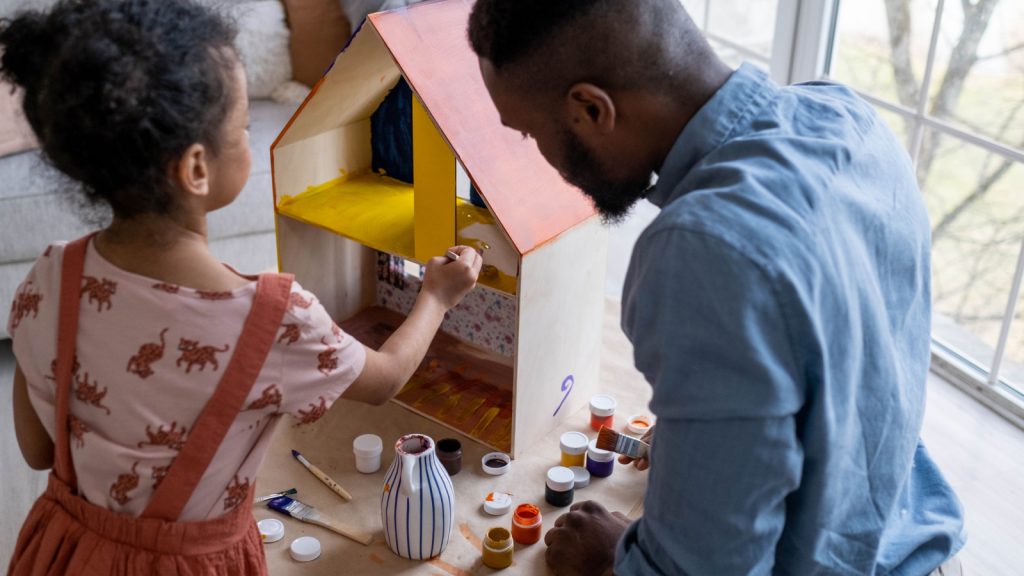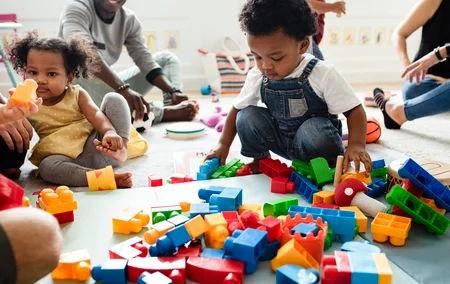
Every child is unique, in their interests, abilities, intelligence, and skills. As kids, they are too young to recognize their abilities, it then falls on the adults and parents to help them identify, and key into what they are naturally good at. Because children are more comfortable at home and often engage in activities that reflect their interests, parents may have a greater role to play in discovering their child’s passion.
Passion can be referred to as any passionate or compelling emotion or feeling, such as love or hatred. Passion is oftentimes attributed to life’s purpose – the moment you discover what you love, you devote your entire life to it. That is passion. Kids are still prone to uncertainties in life, but as they grow up, they pick an interest in numerous activities which changes as they grow. But whatever their passion is don’t change whether they realize it or not. It is your duty as their parent to help them discover what their passion is.
Are you wondering how to help your child find their passion? Here are some ways to Help Your Child Find Their Passion:
1. Open Your Kids to Options
Apart from the fact that your kids are in school to succeed academically, you should allow them to participate in a variety of activities in order to expose them to new experiences. If children are never exposed to a variety of activities, they will never know whether or not they like something. Ask your children what interests them and see if you can help them learn more about it.

2. Ask Questions
It is crucial to support children’s interests in order to learn more about their interests. To see how they think, you can ask them questions, give them quizzes, or play a pretend game based on their interests. For example, you can test their recall by asking trivia questions about their favorite cartoon character. Once you’ve demonstrated that they have an excellent memory, you can provide tools and mentors to help them improve their talents.
3. Encourage Do-It-Yourself
Do-it-yourself activities are a great approach to encourage youngsters to use their imagination. You can get children involved in a variety of arts and crafts activities, including painting. Building a lego tower with them or getting into gardening are examples of activities that might pique a child’s interest.

4. Make Them Socially Aware
Most parents are of the opinion that if they want their child(ren) to become geniuses, they do not need friends. Humans are social beings, hence the idea that we all need one another to survive. The children we train today will become those we leave the future for. How then do we expect them to accept each other when we refuse to train them to be socially aware?
Your child should not grow so self-absorbed that they lose touch with society. Making your child aware of what their hobby means to the world is a terrific method to pique their curiosity.
READ MORE: 5 Major Benefits of Sports in Your Child’s Education
5. Note What They Don’t Like
Children go through various activities in their lives that seem to them to be the most important thing in the world for a short period of time. They will naturally transit towards the next best thing they come across; yet, there aren’t many things they dislike. Keep an eye on the ones they’re doing since there’s a reason for it. When you learn more about this cause, you can help your children figure out what they want to do with their lives.

6. Be Encouraging & Supportive
Life can be overwhelming at times. Even for children. The least you can do is encourage your child during this moment of uncertainty if he or she is unsure about his or her future goals. Finally, parents should try to comprehend their children’s decision to abandon an interest or activity. Making them do something merely to see whether they can get good at it will put them under additional stress and cause them to fail in other areas.
7. They Won’t Always Win
Your child does not have to be the best at everything they do. They must, however, participate in as many activities as possible. The abilities they develop may not appear to be valuable right now, but they will help them build an exceptional profile in the future. They may face a variety of failures while learning, but the most essential lesson they may learn is to never give up. They are going to learn to work hard for what they want and not be afraid of tiny setbacks in this manner.
